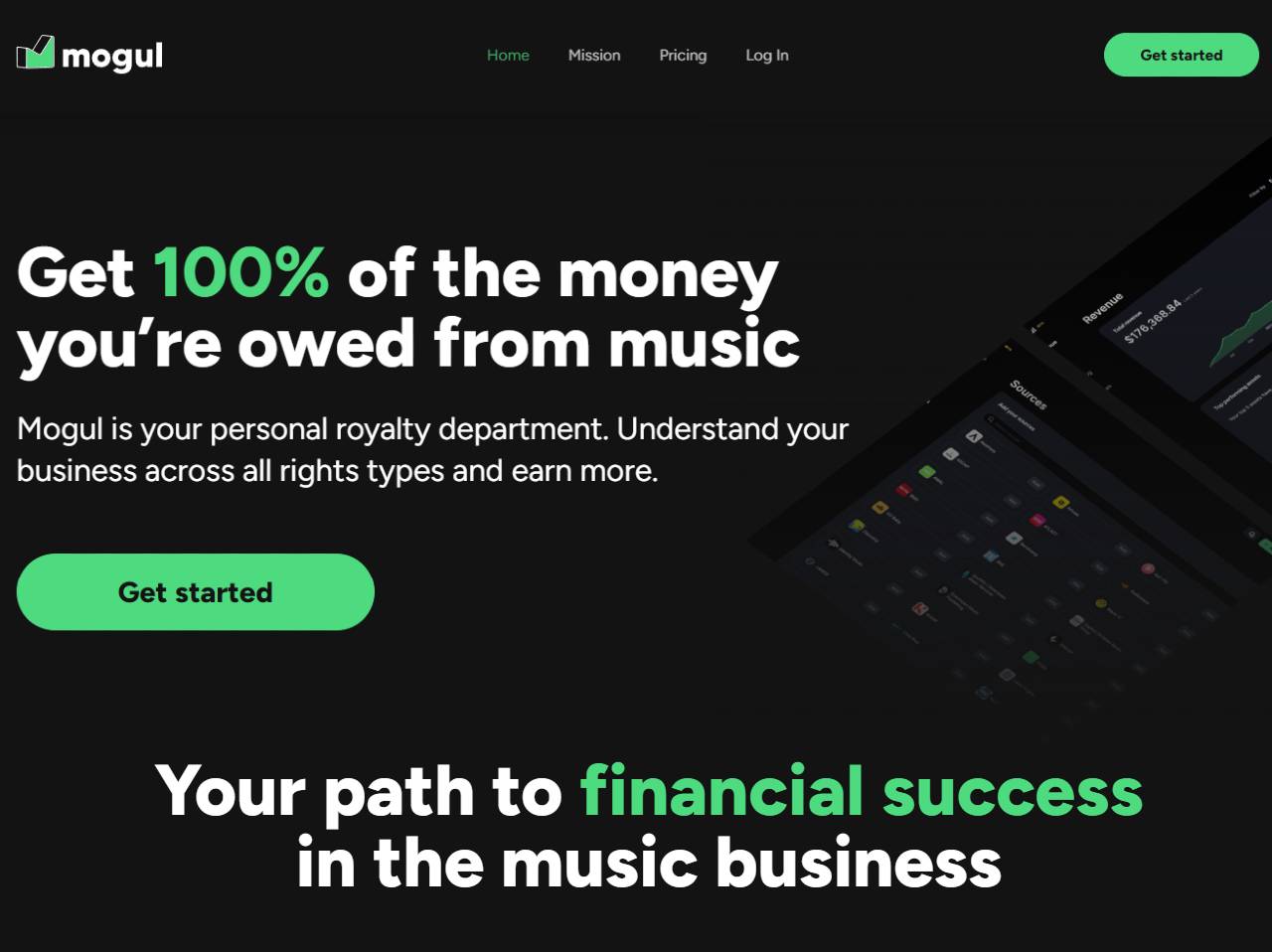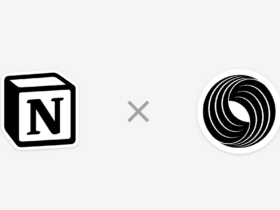With the increasing number of record labels and streaming platforms, tracking usage of work and earnings from various platforms can be very cumbersome. Mogul is here to make it easier for musicians to track their earnings, and even discover missed revenue opportunities.
Mogul: Born from the Needs of Musicians
This startup was founded in 2023 by Jeff Ponchick (former SoundCloud head of creator) and Joey Mason (former SoundCloud VP of engineering). They were inspired by their own experiences and those of other musicians who often struggle to get paid fairly.
“We were concerned why musicians always need more money but struggle to get what they are entitled to. It didn’t make sense. We dug deeper and talked to musicians at various stages of their careers, and many similarities emerged in the problems they faced,” Ponchick said. In a closed beta with 250 artists, Mogul managed to track $3.5 million in previously unidentified revenue.
Mogul: Mapping Musician Revenue
Mogul provides an overview of a musician’s income streams, both from publishing and sound recording royalties, such as mechanical royalties (streaming and music reproduction), public performance rights, and related rights (use of songs in places like broadcasting).
Musicians can connect Mogul to various music distribution sources such as Audiomack, District, FUGA, and DistroKid. Once connected, they can track royalties from various platforms.
Uncovering Missing Royalties
Mogul analyzes royalty data that is often underutilized by musicians and tracks down potential missed revenue from their rights. The company estimates that musicians lose up to 10% of their lifetime earnings in royalty revenue.
“Often the problem stems from copyright registration. With so many platforms for musicians to manage, many are missed due to the complexity and obscurity of the music industry. Our job is to sort it out,” Ponchick explained.
Mogul Business Model
Mogul is exploring various ways to generate revenue. First, they are introducing a SaaS model that offers different audit levels for startups along with features like royalty anomaly detection for enterprise customers.
They are also testing a model where they take a certain percentage of the recovered royalty amount from the musicians. The final model will be determined based on input from musicians.
The Future of Fair Music Royalties
With short video platforms, music is now being used more and more in various places. There is a heated discussion about fairness for musicians in obtaining royalties, and regulators are also starting to intervene. Mogul enters this complex and evolving landscape, offering a solution for musicians to get their rights.
“The way revenue is tracked and delivered is complex and constantly evolving. This pain is felt by all creators, whether musicians, digital creators, or podcasters,” said Caroline Jacobs, partner at UTA.VC, one of Mogul’s investors.
“Musicians have to log into multiple platforms that may not be integrated with each other to track revenue performance – and sometimes there is ‘lost revenue’ where artists may not receive royalties due to misspellings, incorrect account information, and many other reasons.” Sam Wick, head of UTA.VC, said the challenge for Mogul is to make the platform easy for musicians to understand.
“Making the platform and reporting easy to use and understand will be key to success. Mogul will interact with various platforms, rights information, and territories. This is a very complex issue,” he said.
With a vision of realizing royalty fairness for musicians, Mogul has the potential to become a key player in the ever-evolving music industry.
See Also: Mozilla Monitor Plus: Auto Deletes Personal Data from Brokers






